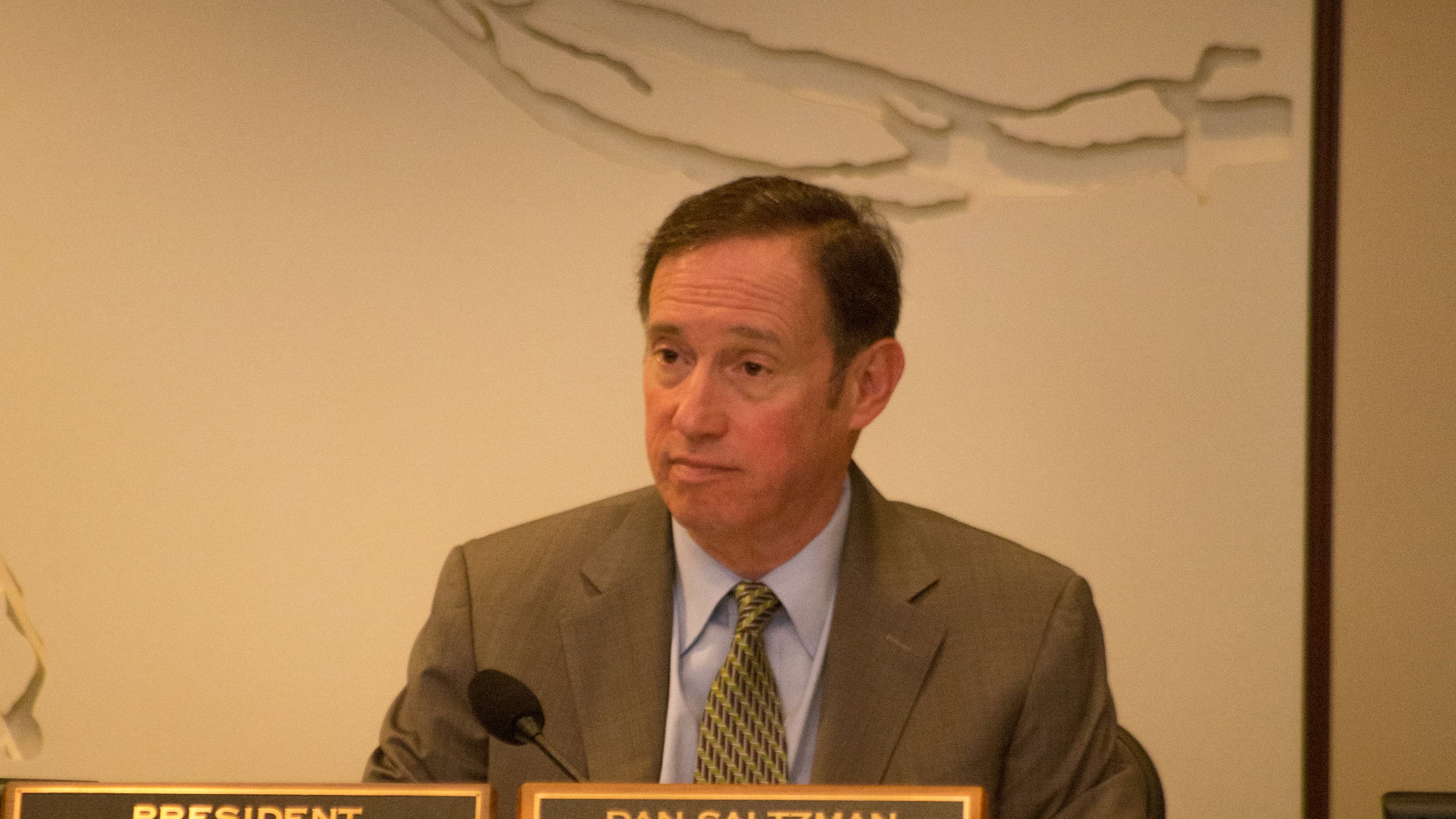Although most of the action in Salem now consists of jockeying around three large potential tax votes—the hospital provider tax; a corporate tax increase; and a package of increases to fund transportation—there are plenty of policy bills still alive.
One such piece of legislation is Senate Bill 123, which would allow the creation of permanent taxing districts for children's services.
Currently, the Portland Children's Levy must seek voter approval every five years to continue in existance. If SB 123 were to pass, the Children's Levy could become a permanent taxing district, as the Multnomah County Library did in 2012.
The bill, sponsored by state Sen. Chuck Riley (D-Hillsboro) and Sen. James Manning (D-Eugene), passed the Senate on May 22 by an 18-to-10 vote but faces significant opposition in the House.
Numerous groups, including the Association of Oregon Counties, the League of Oregon Cities, the Metropolitan Mayors' Consortium and the Oregon School Boards Association want to kill the bill.
Their opposition stems not from a dislike of children but from Oregon's property tax limitations, which restrict property taxes to $5 per $1,000 of assessed value for education and $10 per $1,000 of assessed value for general government purposes.
Nearly all school districts and most local governments are already at those caps so if permanent taxing districts for children's services were to be created, they would take funding away from existing services.
Portland Mayor Ted Wheeler is part of the mayors' group that filed testimony for a hearing today.

